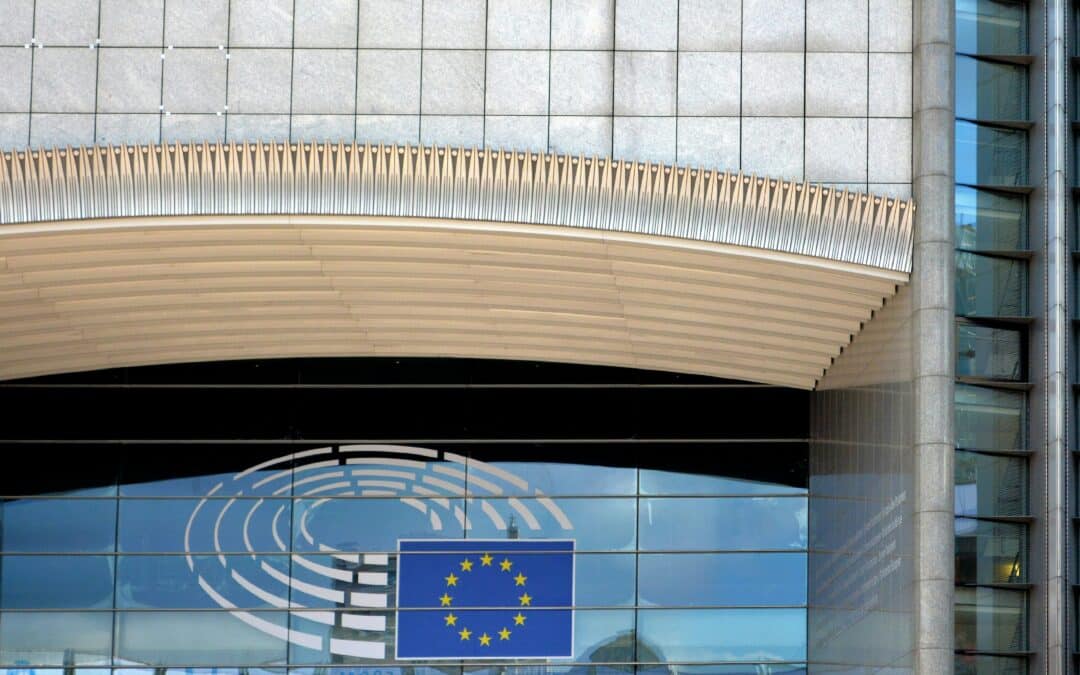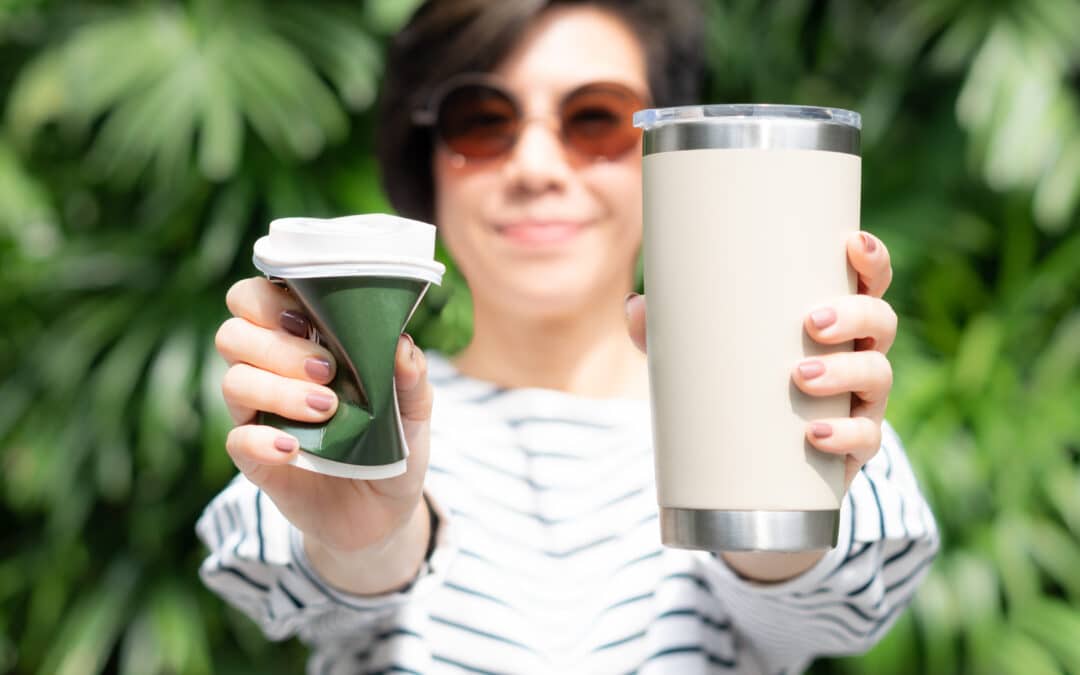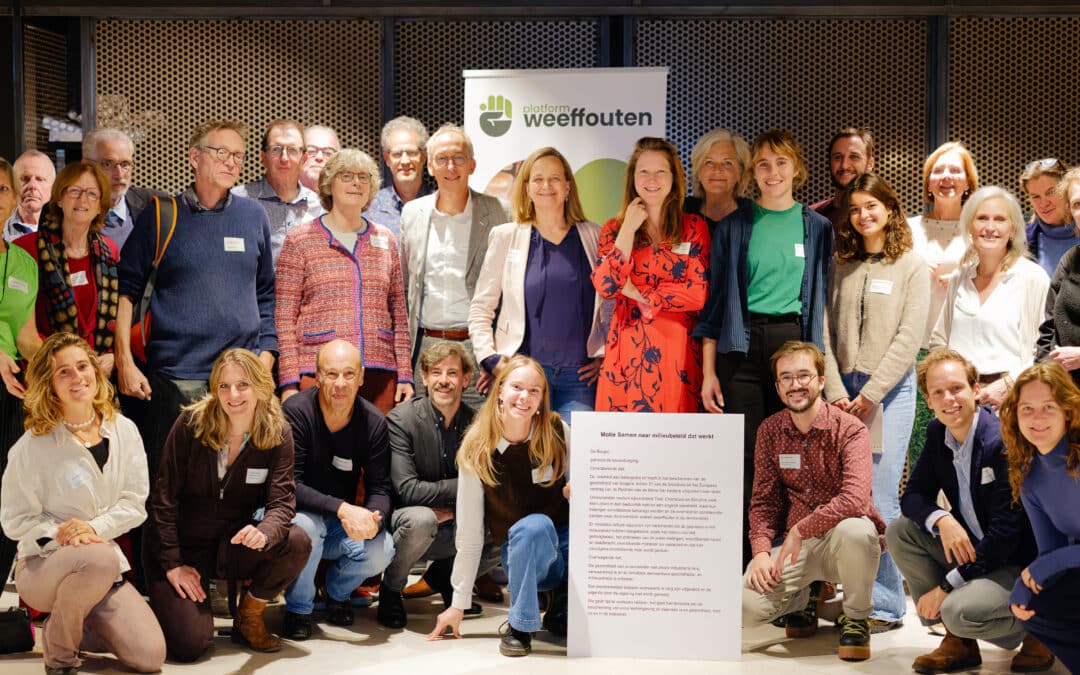Brussel, November 22, 2023
Today, the European Parliament voted on the proposal for a revised Packaging Regulation, as proposed by the European Commission in November 2022. The proposal was intended to reduce Europe’s record levels of packaging waste. Intimidated by unprecedented lobby from industry, the Parliament scrapped almost all provisions to reduce unnecessary packaging, as well as most of the 2040 reuse targets. Some reuse targets (e.g. for beverages) were kept, but lowered and subject to exceptions to the point that they would be barely effective. This also sends a large negative signal to the emerging reuse sector and the frontrunners in the circular economy.
This outcome shows that the European Parliament has caved in to false claims, scaremongering and intense lobbying from industries that produce themselvs enormous amounts of waste. As a result, levels of ambition needed to prevent waste have been decimated. After the Environmental Committee – most important Parliamentary committee on this dossier – had already watered down the ambition of the proposal in October, today’s plenary vote has delivered the final blow to the policies needed to tackle the packaging crisis.
While supporting the recyclability of all packaging may improve the EU’s stagnant recycling levels, it will do nothing to address the root of the problem: record levels of waste generation.
“What we have seen today in the European Parliament can only be described as extremely disappointing. After unprecedented lobbying by the industry, MEPs appear to prefer perpetuating the throwaway society over credible reuse solutions. Today’s decision goes against the ambitious course the Netherlands has chosen for this dossier, and shows that protecting financial interests apparently outweighs protecting our planet”
Janine Röling – researcher at Fair Resource Foundation
The fast food lobby and the single-use packaging industry will probably be celebrating the hypocrisy of the EU – which claims to be a world leader in implementing a circular economy. MEPs have scrapped precisely those provisions that would restrict the use of single-use packaging when eating or drinking on the premises, as well as those that would limit unnecessary fruit and vegetable packaging.
A glimmer of comfort comes from overarching waste prevention targets for Member States (to reduce overall packaging waste by 5% by 2030 and 15% by 2040) that provide direction for the packaging industry. In addition, Parliament added a long-awaited ban on the use of PFAS and BPA – highly toxic and persistent substances – in food packaging.
Now, Member States in the Council need to adopt an ambitious negotiating position on reuse and packaging prevention to set the course for this important policy dossier. Trilogue negotiations are expected to start in early 2024, with little time to adopt the text before the European elections.
Note to editors:
- The European Commission is revising the existing Packaging Directive because it does not provide a solution to the uncontrolled increase in packaging waste, a major environmental problem that poses challenges for both municipalities and citizens.
- Uit de laatste jaarlijkse afvalgegevens, die op donderdag 19 oktober zijn gepubliceerd, blijkt dat het verpakkingsafval in Europa een nieuw record heeft bereikt van 188,7 kg per hoofd van de bevolking.
- A concise summary of the arguments can be found in this FAQ on Prevention and reuse – the only solution for record amounts of packaging waste
- For more information, read our factsheet on reusable take-away packaging and our report on single-use paper packaging.
- Please see the Media Briefing on industry lobbying and the continued watering down of the PPWR, as well as this Media Briefing on the huge increase in paper packaging in the EU.
Aout About this coalition:
This coalition consists of members of the Rethink Plastic Alliance (Zero Waste Europe, European Environmental Bureau, ECOS, ClientEarth), avec Deutsche Umwelthilfe, Fair Resource Foundation, Fern and the Environmental Paper Network.



